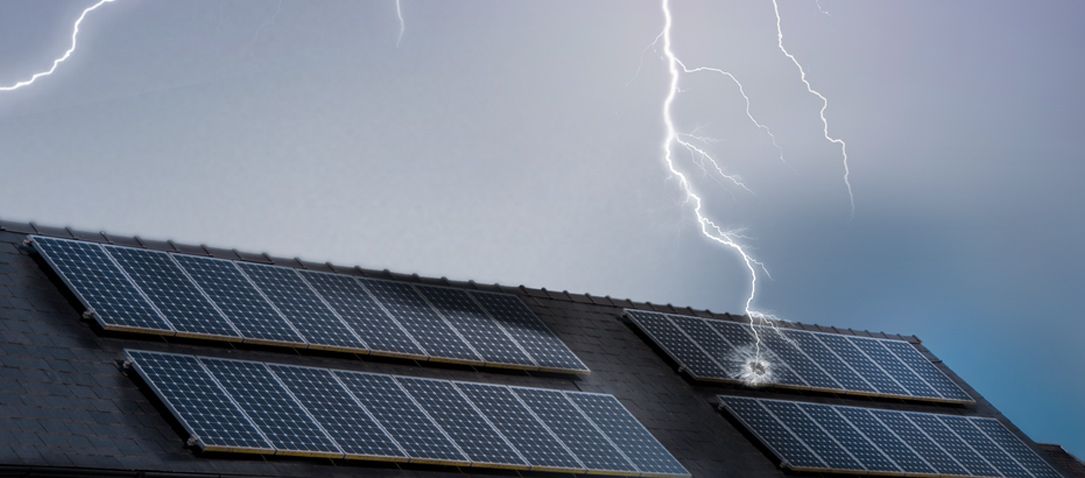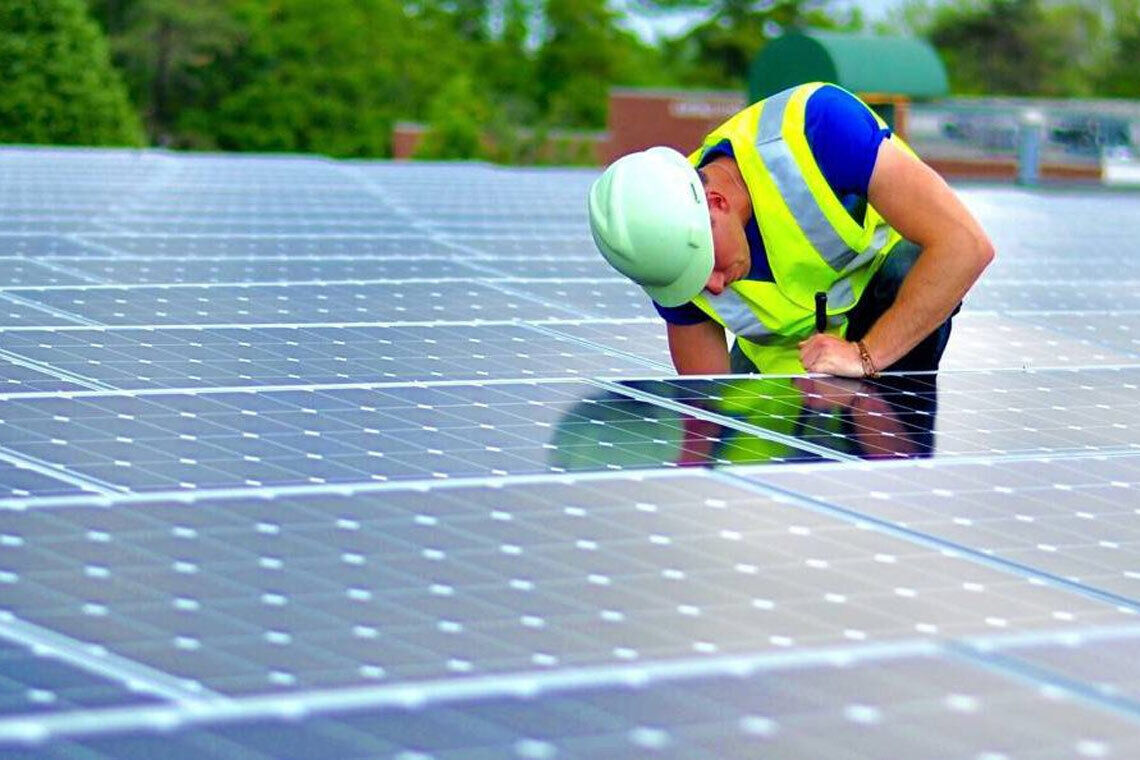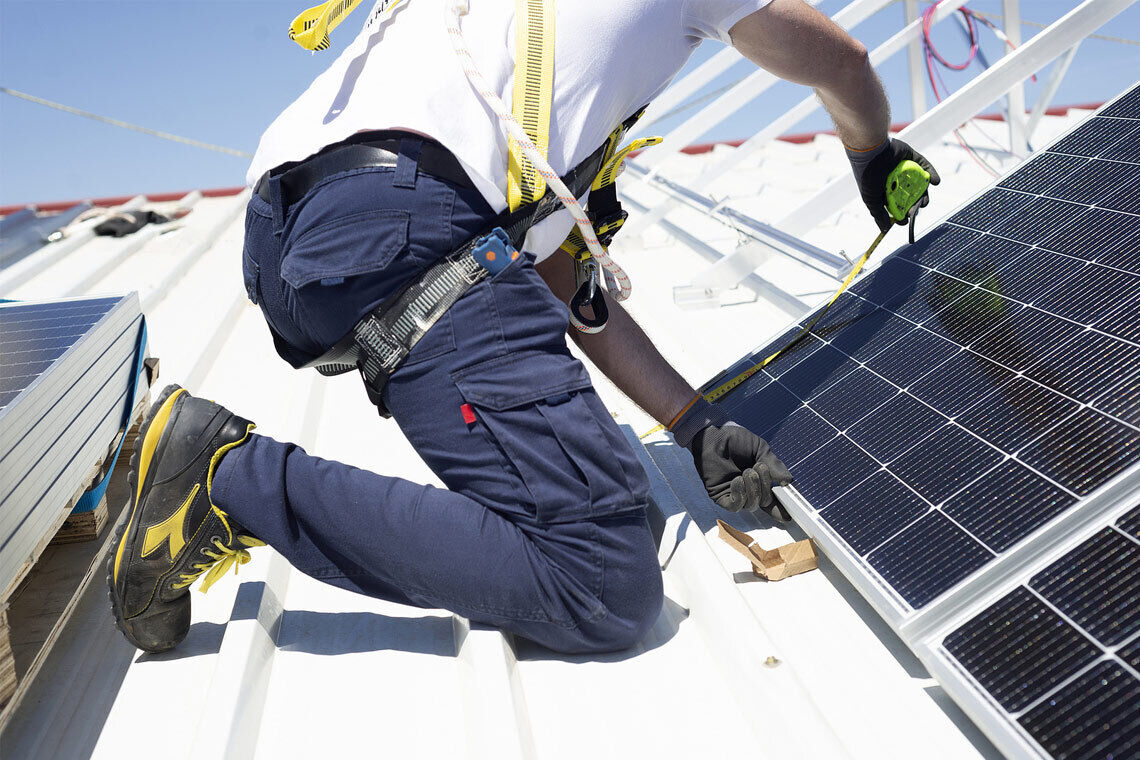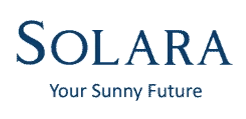
Solar panels & fire hazards

Solar panels are generally considered safe, eco-friendly, and cost-effective sources of renewable energy. However, like any electrical system, they come with certain safety considerations, including the potential for fire hazards. Here's what you need to know about solar panels and fire hazards:
- Electrical Fires: Solar panels generate electricity, and they are connected to your building's electrical system. As with any electrical equipment, there is a potential risk of electrical fires. The most common cause of electrical fires in solar panel systems is faulty wiring or electrical components. Regular inspections and maintenance can help prevent such issues.
- Inverter Fires: Solar inverters are an essential part of a solar panel system. They convert the direct current (DC) generated by the panels into the alternating current (AC) used in your building. Inverters can get hot, and if they malfunction or overheat, they may pose a fire hazard. Quality inverters and proper installation are crucial to mitigate this risk.
- Solar Panel Materials: The materials used in solar panels themselves are not typically flammable. Solar panels are made to withstand various environmental conditions. However, extreme heat or damage to the panels, such as cracks or punctures, can potentially lead to overheating or other safety concerns.
- Firefighter Safety: One of the key challenges for firefighters when dealing with fires involving solar panels is the risk of electrical shock. Solar panels continue to produce electricity as long as they are exposed to sunlight, making it essential for firefighters to follow safety protocols and procedures when dealing with solar panel-related fires.
- Prevention and Safety Measures: To reduce the risk of fire hazards associated with solar panels, consider the following safety measures:

Solar Inspection
Regular solar inspections, typically conducted annually or as recommended by the system manufacturer, help maintain the efficiency and safety of the system. Solar system monitoring allows you to receive complete information about malfunctions or problems in 24/7 mode.
Regular inspections and maintenance to ensure the system's integrity, high-quality components and professional installation, proper ventilation, and transparent access to solar panels for cooling, monitoring systems that can detect irregularities in the system's performance.
Adequate training and safety protocols for emergency responders.

Solar Maintenance
Solar maintenance is crucial for ensuring the long-term efficiency and reliability of your solar panel system. Regular upkeep can help you maximize energy production and extend the lifespan of your solar panels. Here are some key aspects of solar maintenance:
- Solar Panel Cleaning
- Inverter Inspection
- Monitoring System
- Electrical Connections
- Roof Inspection
- Professional Inspections
- Pruning and Shading Management
- Pest Control
- Warranty and Documentation
- Weather
Conclusion
While solar panel the risk of fires related to solar panels is relatively low when systems are correctly designed, installed, and maintained, it's essential to be aware of these potential hazards. If you're considering installing solar panels, consult with a reputable solar provider to ensure that your system meets safety standards and local regulations. The efficiency and viability of your plant also depend on the maintenance of the solar system. Additionally, staying informed about best practices and safety measures is crucial for minimizing the risk of fire hazards associated with solar panels.




